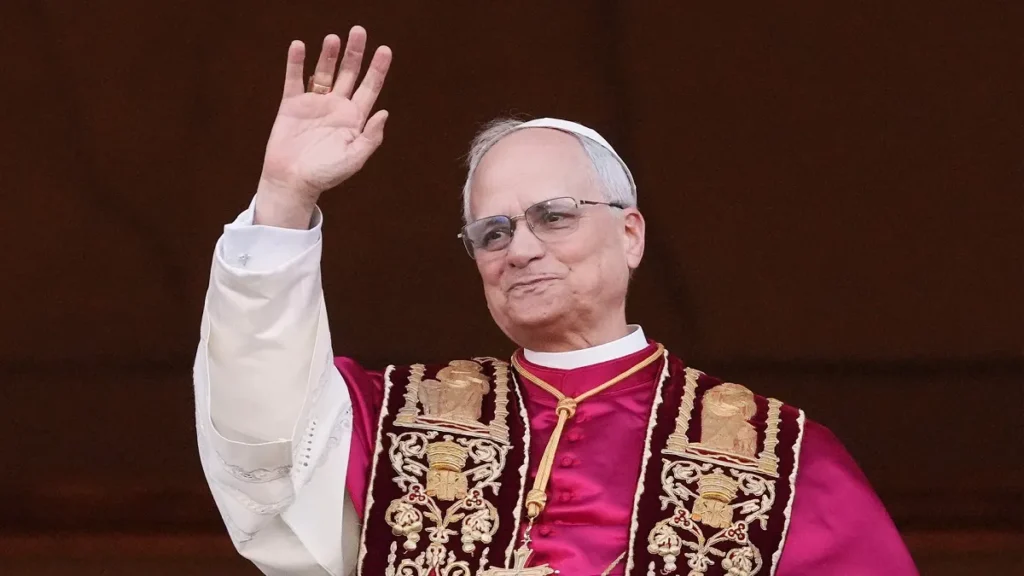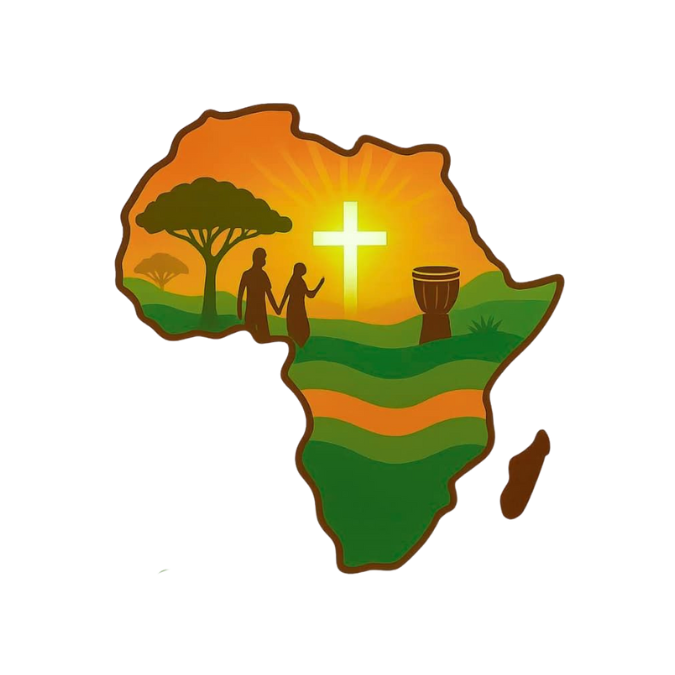
Pope Leo XIV’s first Apostolic Exhortation, Dilexi Te (“I Have Loved You”), was issued at a decisive hour for Africa and for the world. It comes as our continent stands at once wounded and hopeful — home to one of the fastest-growing Christian populations on earth, yet still carrying the heaviest burdens of poverty, hunger, human trafficking, and displacement, amidst glaring leadership failures and illiberal democracies in many African countries.
In 2025, the United Nations reports that over 307 million Africans go to bed hungry each night — nearly one in five of our brothers and sisters. More than 61 percent live with moderate or severe food insecurity. At the same time, the African Church grows with astonishing vitality, boasting over 265 million Catholics, nearly double the number a generation ago. The Spirit is alive in our continent; yet Christ suffers in the increasing masses of our people who are still hanging on the Cross of suffering. Pope Leo’s words speak to this paradox to God’s people: “I have loved you.” This exhortation is a divine summons; a promise of God’s presence in the tides and tumbles of our history and an invitation believers in our continent to work towards the crystallization of love in the vast social, cultural, ecclesial and political structures of our lives — to love as we have been loved, to make God’s compassion concrete in acts of solidarity in the wounds of our people.
The Church of the Poor Is the Church of Christ
Pope Leo continues the mission and message of Pope Francis’s Dilexit Nos (“He Loved Us”). If Dilexit Nos was about love received, Dilexi Te is love given — love that bends down. The Pope calls us to see the poor not as objects of charity but as the sacrament of Christ’s presence. “When the poor stretch out their hands,” he writes, “it is Christ who receives.”
For Africa, this means re-centering our Church where Christ is bleeding: among the hungry child, the displaced mother, the trafficked youth, the forgotten village; people burdened by sickness in clinical deserts, prisoners who are denied justice, and the elderly who have no retirement benefits, among the sea of our brothers and sisters who inhabit the existential peripheries of life. The credibility of the faith in Africa will no longer be measured by the size of our cathedrals or the population of our congregation, but by the tenderness of our hearts and the presence of the Church in the daily joys and sorrows of God’s chosen people in Africa. The Church must be, in Leo’s phrase, “a field hospital that heals the wounds of the world” (Dilexi Te 75).
The Chains That Still Bind
Africa’s story of poverty today is also a story of captivity. The UN estimates that over 6 million Africans live in modern slavery — trafficked for labour, sex, or servitude. Child trafficking in some regions has risen by over 40 percent in recent years. These are not statistics; they are the faces of our children. Pope Leo calls the Church “to bend down to break the new chains that bind the poor” (Dilexi Te 61). That bending down is the essence of Christian love.
Throughout Africa, Catholic sisters and lay volunteers already embody this love — rescuing victims, educating communities, and accompanying survivors as they reintegrate into life. The anti-human trafficking movement of the Pan-African Catholic Theology and Pastoral Network continues to fight in 38 African countries against this scourge by establishing anti-human trafficking clubs in primary and secondary schools and universities to transform our children into agents of disruption. But more is demanded of all of us to hold hands in fighting all the structures of sin and injustice that spread poverty and suffering on our continent like a destructive harmattan wind. We all must become the presence of the Gospel of liberation and integral salvation in motion: hands that free, hearts that heal, faith that acts.
Educating the Poor, Multiplying Love
One of the most prophetic parts of Dilexi Te (nn. 68–72) urges the Church to renew its commitment to education — especially for the poor. Education, Leo says, is “the bread that multiplies love.”
In Africa, this is not a theory; it is a daily miracle. Catholic schools across the continent teach tens of millions of children — often in the remotest places where governments fail to reach. Many schools combine classrooms with feeding programs; since 2022, school-meal initiatives have expanded to reach 20 million more children, offering both nourishment and education. Each classroom becomes an altar of hope, each meal a Eucharist of dignity.
Education is the long-term antidote to poverty, trafficking, and despair. It is also the Church’s quiet revolution — forming minds and hearts to see creation as a gift, neighbour as brother, the poor as Christ. However, we must also acknowledge that some of the Catholic schools are not affordable for the poor and reinforce the unacceptable social hierarchy and social distance in many of our African societies based on rank and socio-economic status, among other factors.
A Church That Walks with the Displaced
Africa is also the continent of the uprooted. More than 36 million Africans are forcibly displaced today — 27 million within their own countries and 8 million as refugees. Behind these numbers are faces that mirror the Holy Family, who themselves fled into exile.
In camps from Sudan to Congo, it is often the Church — priests, sisters, catechists, and volunteers — who remain when everyone else leaves. They build schools in tents, celebrate Mass on makeshift altars, and give shape to hope amid chaos. These are the living parables of Dilexi Te: a Church that carries the wounded Body of Christ until it can walk again.
Love that Orders the World
Pope Leo warns against the “disorder of love” that defines our global systems — economies that prize profit over people, democracies that silence the poor, and a culture that wastes both food and lives. In Augustine’s words, two cities are being built before our eyes: one founded on self-love, the other on divine love. Which will Africa choose?
We stand at a kairotic moment. The future of the world Church will be shaped in Africa’s pews and parishes, its schools and streets. If we learn to order our loves rightly — to use what must be used and to enjoy only God — then our continent can model a new civilization of love.
A Call to Action
Let Dilexi Te be more than a document. Let it be a mirror held up to each diocese, each parish, each religious congregation, each Catholic institution in Africa.
- Does the Gospel of the poor shape our budgets?
- Are we speaking up for the voiceless in many of our countries where the government of the day continues to oppress the poor and destroy the common good?
- Is the Church on the side of the poor and with the poor or on the side of the rich and the powerful?
- Is the lifestyle of our priests, religious and pastoral agents a counter-witness to the greed and extractive leadership and transactional leadership that challenge our societies?
- Do our schools and hospitals welcome the most abandoned?
- Do we walk with the displaced and the enslaved?
- Do we still believe that love can reorder the world?
- Do we hear the cries of the sons and daughters of Mother Africa?
Pope Leo ends with the words of Christ: “I have loved you.” This is a recommissioning to all the churches of the world. In those words, Africa hears both consolation and command — to make love visible, measurable, and contagious through pragmatic solidarity, and modelling a church life that mirrors the practices and priorities of the poor man of Galilee.
The Eucharist we celebrate must overflow into the streets. The altar must stretch into the marketplace. The Church and its members must become what we celebrate and receive: the broken bread for a hungry world; a bread of unity and equality that moves us to create a more equitable and just world in Africa. When we become a eucharistic Church in word, ritual and prophetic witnessing, the Church in Africa will not only be the Church of the poor, but she will also be the Church of Christ, radiant with the light of the Totus Christus who still says to his Body and to our continent: “I have loved you.”



